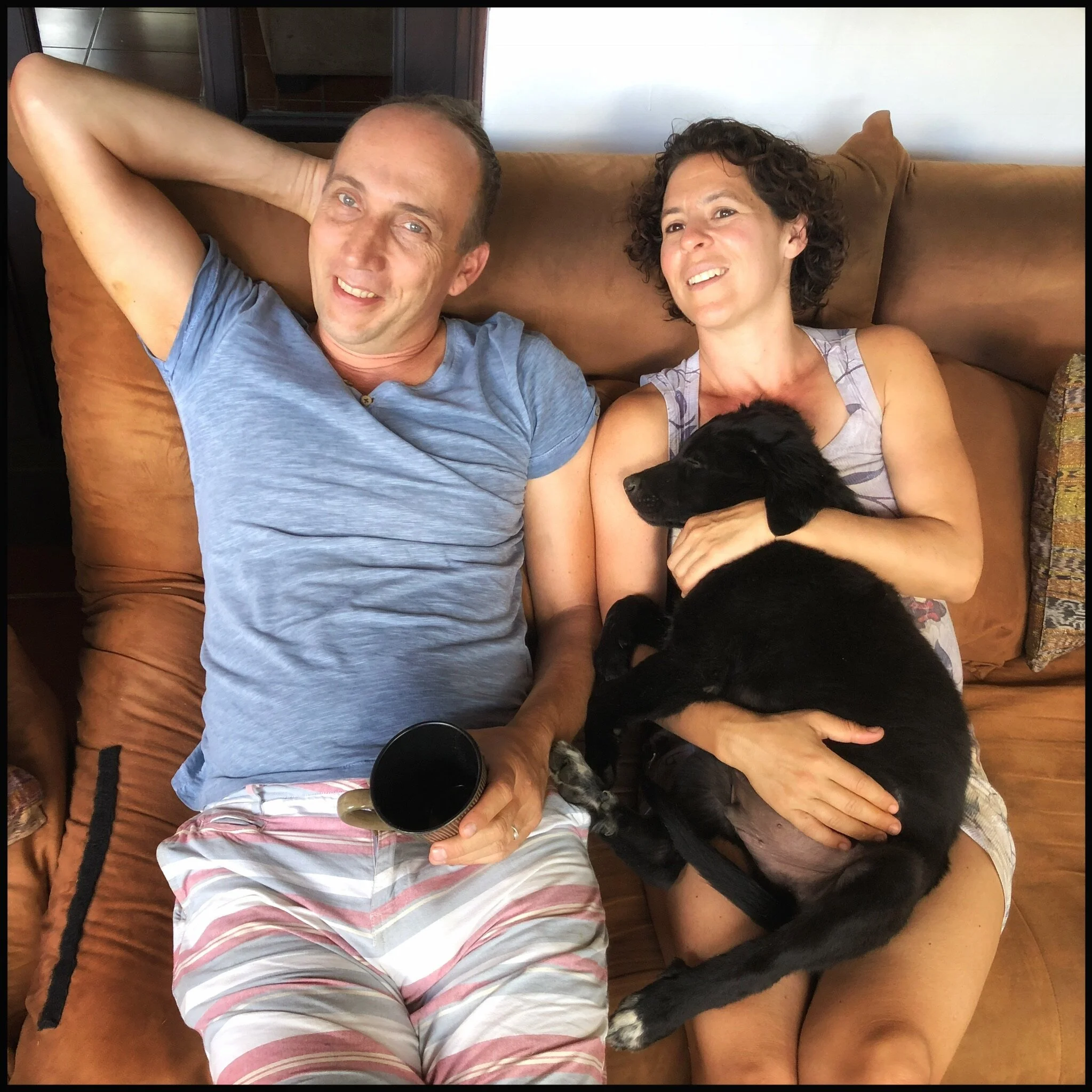The Gottman Method Explained
Here are some of the great things about the Gottman Method:
It’s research-based. John Gottman and his team started doing research in 1979. Over the years, they studied thousands of couples in the “love lab” at the University of Washington. Couples were video-taped, which were carefully reviewed and coded, and physiological measurements were taken. Couples were studied longitudinally – for example, as newlyweds, and later when they had their first baby and were adjusting to parenthood.
An example of useful information uncovered in research by the Gottman team is that 69% of the conflicts that couples have are actually “perpetual;” not solvable. (Meaning that only 31% of conflict is truly “solvable”). Couples would argue about an issue as newlyweds, and when they came back a number of years later, they were still arguing about the same things. The key with perpetual problems is to move from gridlock to dialogue. This involves helping each person understand the underlying dreams behind their partner’s position on an issue.
There is a thorough assessment process. The Gottman Method includes a structured process for interviewing the couple together, and then each person separately. Each of them completes an assessment packet privately, in order to assess the relationship’s “areas of strength” as well as “areas of growth.”
Areas of strength and areas of growth are presented to the couple in terms of what Gottman calls “The Sound Relationship House;” which includes their friendship system, how they manage conflict, trust, commitment, and creating a shared meaning system.
It’s based on what happy couples are doing that works. The research team tried to figure out: What were happy couples (the “masters”) doing that was different from how unhappy couples (the “disasters”) interacted? It turns out that happy couples – as measured by couples that stay together happily rather than staying together unhappily or divorcing - have a lot less of what Gottman calls the “Four Horsemen of the Apocalypse” – criticism, defensiveness, contempt, and stonewalling.
Criticism – the antidote is to use a gentle start-up instead. This means complaining about the partner’s behavior rather than criticizing their character.
Defensiveness – instead, take responsibility for at least some part of the problem.
Contempt – rather, build a culture of appreciation. Look for what one’s partner is doing right, instead of everything that they are doing wrong.
Stonewalling – do physiological self-soothing, instead of shutting down and being non-responsive to one’s partner. Related to stonewalling, the Gottman team found that when heart rates go above 95 to 100 beats per minute, the adult brain is basically “offline” and taking a break of at least a 20-30 minutes is imperative.
The more the Four Horsemen are present, the greater the likelihood of divorce. Even during conflict, the “masters” have about five positive interactions for every one negative interaction.
There are structured “interventions” to use with couples. Rather than just discussing and trying to solve whatever happens to be the subject of conflict at the moment, couples are given tools so that they can better handle their conflict discussions both now and in the future. We coach the couple in talking directly with each other, rather than to the therapist.
Every session focuses on improving three main aspects of your relationship: friendship, conflict management, and creating shared meaning. Therapy addresses what ever you bring into the session whether it involves current concerns or old hurts. In dealing with old hurts and betrayals, we work to create a safe environment where every wound can be soothed. In dealing with the day-to-day struggles of life, specific conversations are facilitated.
Methods and principles are practiced in the session that have been demonstrated to increase safety, and mutual understanding. We develop compromise where possible and acceptance where differences are likely to persist. As the principles are mastered we lengthen out the space between sessions and can decrease the time to 45 minutes. Little by little we fade out the need for the interventions and teachings.
Are you looking for help with your relationship? Do you feel that a relationship coach could help you working on your couples skills? Is communication an issue? Have you ever considered couples therapy or counseling? As a psychotherapist and relationship coach, I am uniquely positioned to help you through these moments of disconnect and conflict.
Moments of connection in everyday life is what makes marriages thrive.
Check out John Gottman talking about trust.
John Gottman on Relationship Repairs…
__
Learn more about my approach to life consulting and relationship coaching here or get in touch for your free 30-minute consultation here! Don’t forget to follow along @LilyManne on social for more regular updates!

